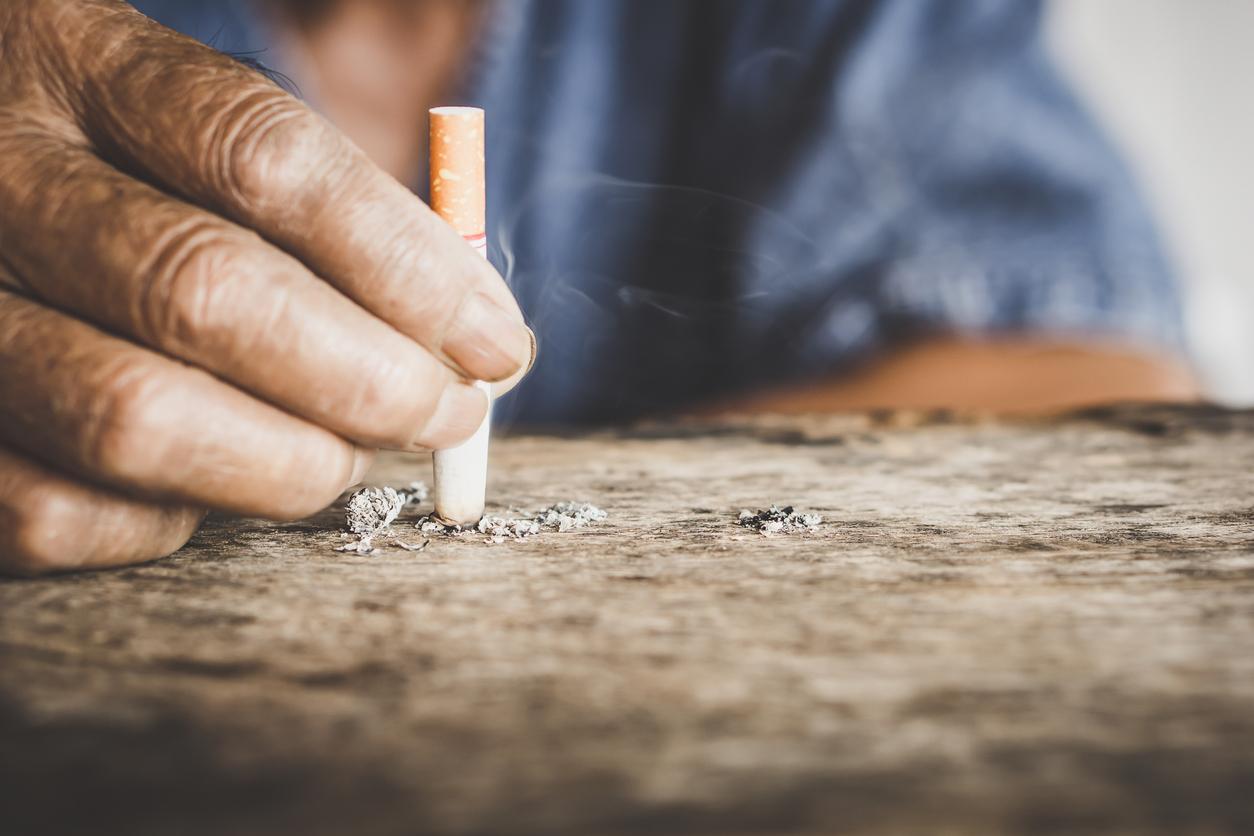The older we get, the more our immune system naturally weakens. Called “immunosenescence”, this phenomenon can have a significant impact on the appearance of age-related health problems such as cancer, cardiovascular disease or even a less effective response to vaccines in elderly people.
And if each immune system ages at its own pace, American researchers have shown that social stress, i.e. “stressful life events, chronic stress, everyday discrimination and life discrimination“, could play a role in the accelerated aging of cells. According to their study published on June 13, 2022 in the journal Proceedings of the National Academy of Science (PNAS), social stress can modify the immune system by increasing inflammatory signaling and reducing antiviral responses.
To prove this link between social anxiety and premature aging, the researchers analyzed data from 5,744 American adults over the age of 50. The latter answered a survey on stress and underwent blood samples by flow cytometry, a method which makes it possible to categorize and count blood cells more quickly.
The reason for aging is in the blood
The research team found that greater exposure to stress was associated with a lower proportion of “naïve” T cells, cells needed for the immune system to fight off new attackers. They also have a greater number of “lately differentiated” T cells, former protective cells of the immune system and which now produce proteins that increase harmful inflammation. “People with low proportions of newer T cells and high proportions of older T cells have older immune systems.”summarized Professor Eric Klopack, lead author of the study.
Exposure to social stress also increases a flare-up of cytomegalovirus (CMV), which forces the immune system to commit more resources to controlling the virus, or to deplete stocks of naïve T cells.
How to reduce this aging?
If the control of alcohol consumption, tobacco or weight have not reduced the link between stress and premature aging, other actions such as better dietthe practice of physical activity or better sleep habits have reduced it.
“Further research is needed to confirm whether stress reduction or lifestyle changes will lead to improvements in immune aging.”conclude the researchers.
Source :
- Social stressors associated with age-related T lymphocyte percentages in older US adults: Evidence from the US Health and Retirement Study, PNAS, June 13, 2022
Read also:
- One in eight people in the world lives with a mental disorder, who are the most affected?
- To combat pain and anxiety, adopt a dog
- What is the “hangxiety”, which occurs the day after (too) alcoholic evenings?


















